The New Cultural Climate in Turkey: Living in a Shop Window was first published in 2011 by Zed Books Ltd, 7 Cynthia Street, London N1 9JF, UK and Room 400, 175 Fifth Avenue, New York, NY 10010, USA
This ebook edition was first published in 2013
www.zedbooks.co.uk
Selected essays from Vitrinde Ya

amak and Kt ocuk Trk
Metis Yayinlari, 1991, 2001
Copyright Nurdan Grbilek 2011
English-language translation Victoria Holbrook, 2011
All rights reserved
The right of Nurdan Grbilek to be identified as the author of this work has been asserted by her in accordance with the Copyright, Designs and Patents Act, 1988
Designed and typeset in Monotype Fournier by illuminati, Grosmont
Index by John Barker
Cover designed by Rogue Four Design
All rights reserved. No part of this publication may be reproduced, stored in a retrieval system or transmitted in any form or by any means, electronic, mechanical, photocopying or otherwise, without the prior permission of Zed Books Ltd.
A catalogue record for this book is available from the British Library Library of Congress Cataloging in Publication Data available
ISBN 978 1 84813 488 1
INTRODUCTION
Cultural Climate, Personal History
I
THE ESSAYS IN THIS BOOK aim to analyse the various aspects of the cultural climate that came to dominate Turkey in the wake of the 1980 military coup. I say various because if one is to understand that climate, one really must take up, all at the same time, several contradictory phenomena, even entire interlocking cultural climes. Even now as I offer this book to readers scarce familiar with them, my head is crowded with scenes that belie that unavoidable, and Pollyanna-ish, trope of Turkey as a bridge: a bridge between East and West, Muslim and Christian domains, modern and not-so-modern societies a jumble of scenes even I find hard to connect. Pictures of Turkey that dont jibe.
True: Turkey is a land of military coups, repressive policies, violations of human rights but also a land whose cultural pluralism ill suits that picture. Land of the worlds biggest shopping malls, tallest hotels, gaudiest shop windows, but also of inaccessible villages, deserted farmlands, and cities ringed by shanty towns. Land of international biennials, international festivals, international exhibitions, but home to people sunk furiously in nationality. A country where books are banned, seized from bookshelves and destroyed, but where people believe education is the key to every problem and all but fetishize reading. Land of people who for years feared to use the word Kurd, only realizing there was a Kurdish issue when children sent off for military service did not return home, but also of people whose favourite pop singers are Kurds. Land of people proud that their republic recognized the legal rights of women at its founding, but who feel constantly threatened by femininity. A country where homosexuals are treated brutally, but homosexual singers are made into icons. Land of strong religious communities where people expect the army to protect them against religions threat; of people who boast of a great empires legacy yet lost their ties to that cultural inheritance long ago; of Europhobes who have long felt European and are sick to death of begging at Europes gate. Land of people who cry they are victims of the West while victimizing their own minorities.
Turkey really does seem to be a land of contradictions, not only to those who view it from outside but to those who live here as well. It is devout and secular, modern and not, repressive and liberal, rich and poor, central and peripheral all at the same time. Perhaps most importantly of all, Turkey is both victim and oppressor. Yet it would not be right to extract a land of contradictions from these contrary images, candidate to replace the bridge clich that seeped into tourist brochures by way of diplomatic lingo. For several reasons. First, contradictions lie at the foundation of almost all cultures, not only those which like Turkey lie beyond the capitalist centre; if we do not see them it is because we do not look attentively enough at the contradictions slumbering there, above all those constituted by liberalism and authoritarianism, civilization and barbarism, urbanity and modern navet . Second, in Turkey all the polarities I have mentioned are closely related in particular to strategies of power which crystallized in the 1980s; so they must be historicized, not offered as natural contradictions of an unchanging Turkish climate. Third, even when they arise from Turkeys provincial position in the world, we must not think of the polarities here in isolation from the dynamics shaping the rest of the world, but on the contrary in concert with them. For if we do not, we will immediately be nailed down by another clich, a fantasy of the East as at best exotic, at worst uncanny; an image of Turkey as a backward, dark, savage land yawning from the other end of the bridge, where a completely different set of laws obtain. In fact Turkey constructed these contradictions not by itself, but in ongoing relationships, partly of conflict and largely of compromise, with others, above all its great other, the West. In any case, I will in these essays be speaking less of a local climate entirely Turkeys own than examining how a new climate, one intimately related to changes taking place in the wider world, has drawn Turkey under its influence. I will take an approach which allows us to see Turkeys otherness but also to understand what kind of relationship with the rest of the world that otherness emerged from. And for that reason I would like these essays to be read not merely as the tale of a far-off land of darkness but of Turkeys West within.
II
On 12 September 1980 Turkey awoke with a military coup to the most repressive period of its recent history. The army took over the government in order to silence the voices of opposition and suppress in particular the opposition left, which had in the 1970s achieved a mass status never seen before in Turkish history, thus establishing economic stability on the stage of a society cleansed of all tensions, all protest, and all opposition legal or illegal. In order to place upon sound foundations a democracy unable to control itself, political parties, political associations and trade unions were shut down; the constitution was altered. In order to rescue Turkey from deviant ideologies and destructive and separatist foci, dossiers were created on nearly 2 million people; hundreds of thousands were arrested and hastily tried. Over five hundred people were sentenced to death, fifty of them executed; over a hundred died under torture; thousands lost their citizenship. Books, magazines and films were destroyed by the thousand. Within two years the military institutionalized their position of control over political power and then withdrew. The leader of the junta, Kenan Evren, served as president of the Republic from 1982 to 1989. In 1983 elections the Motherland Party came to power in a discreet collaboration with the military. To this day the leaders of the junta have not been tried.

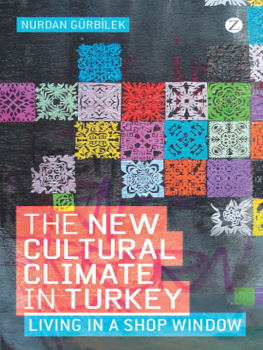

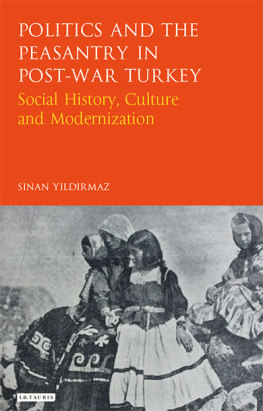
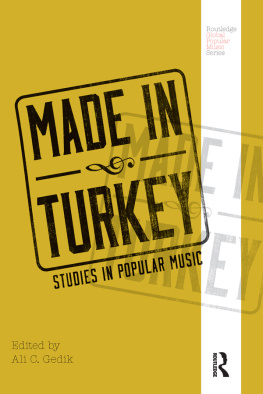
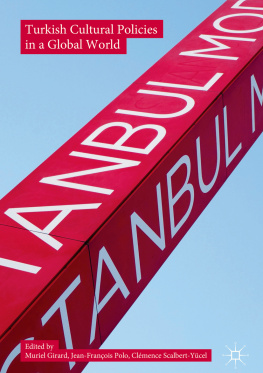

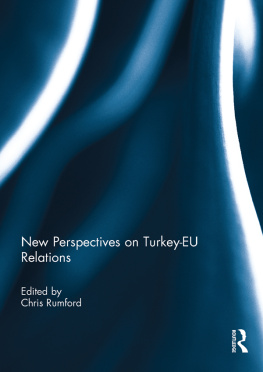
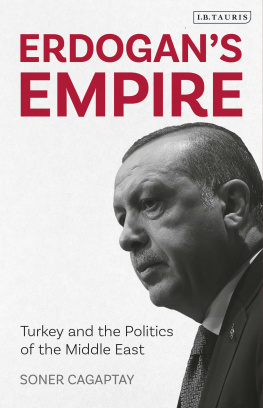
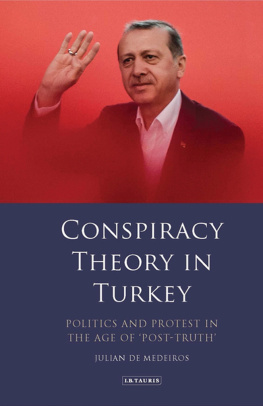
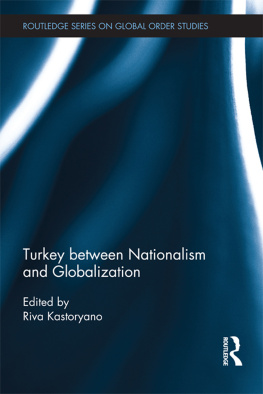
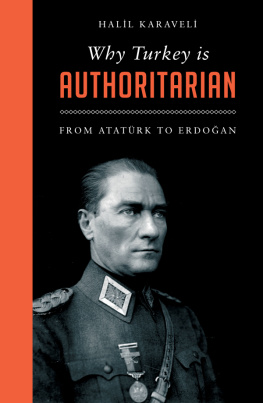
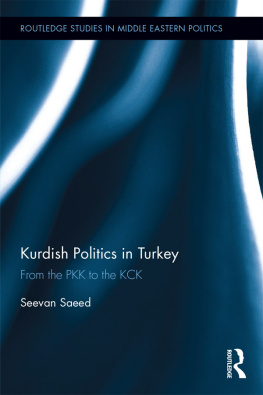
 LEK, one of the foremost cultural critics in Turkey, is the author of Living in a Shop Window (1992), an analysis of the cultural dynamics of the 1980s in Turkey. Her other publications include Shifting Shadow (1995) and Homework (1999), a collection of essays on modern Turkish writers. She is also the author of Bad Boy Turk (2001), an analysis of some of the significant images and tropes in modern Turkish literature and popular culture, and of Orient Lost (2004), which explores the sexual anxieties accompanying the Ottoman-Turkish literary modernization. Her last book, The Language of the Wronged (2008), is a collection of essays on Dostoevskys underground tragedy and its counterparts in modern Turkish literature.
LEK, one of the foremost cultural critics in Turkey, is the author of Living in a Shop Window (1992), an analysis of the cultural dynamics of the 1980s in Turkey. Her other publications include Shifting Shadow (1995) and Homework (1999), a collection of essays on modern Turkish writers. She is also the author of Bad Boy Turk (2001), an analysis of some of the significant images and tropes in modern Turkish literature and popular culture, and of Orient Lost (2004), which explores the sexual anxieties accompanying the Ottoman-Turkish literary modernization. Her last book, The Language of the Wronged (2008), is a collection of essays on Dostoevskys underground tragedy and its counterparts in modern Turkish literature.
 LEK
LEK
 amak and Kt ocuk Trk
amak and Kt ocuk Trk